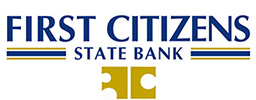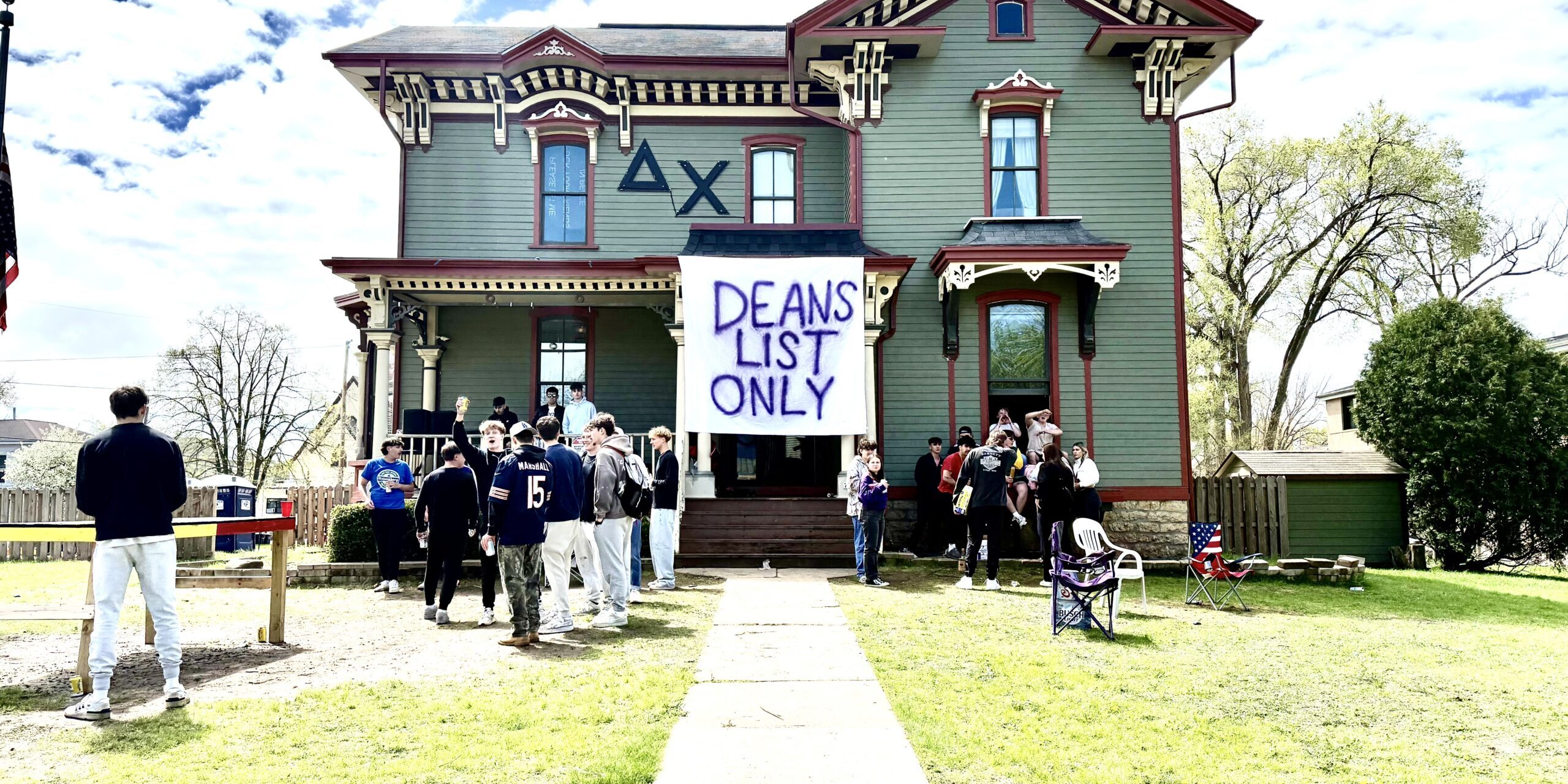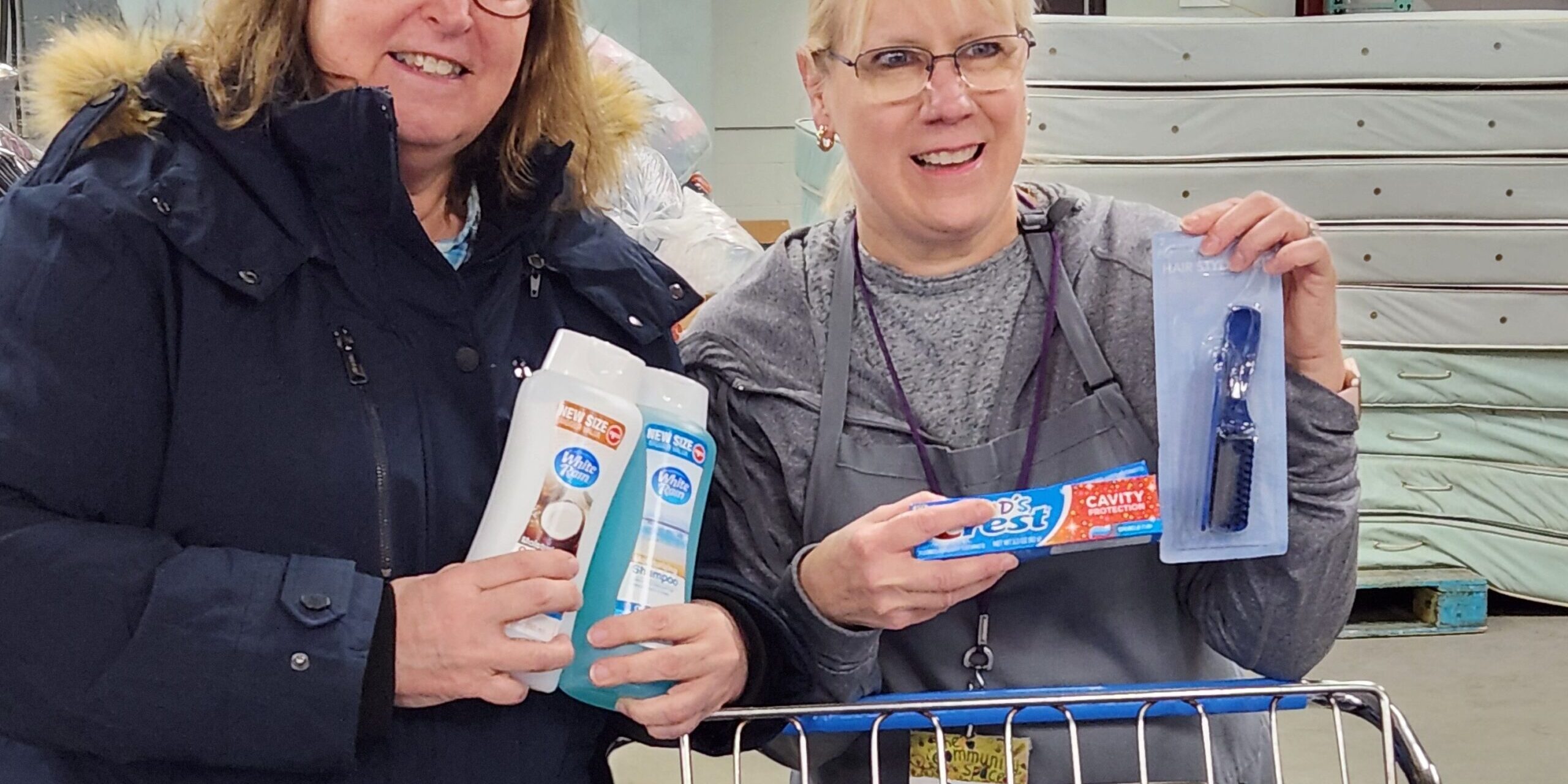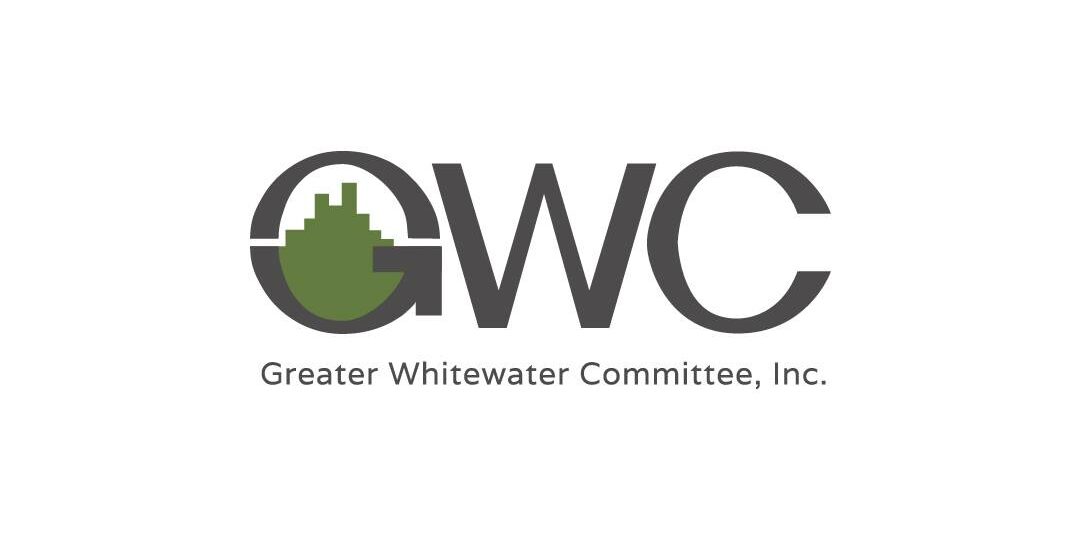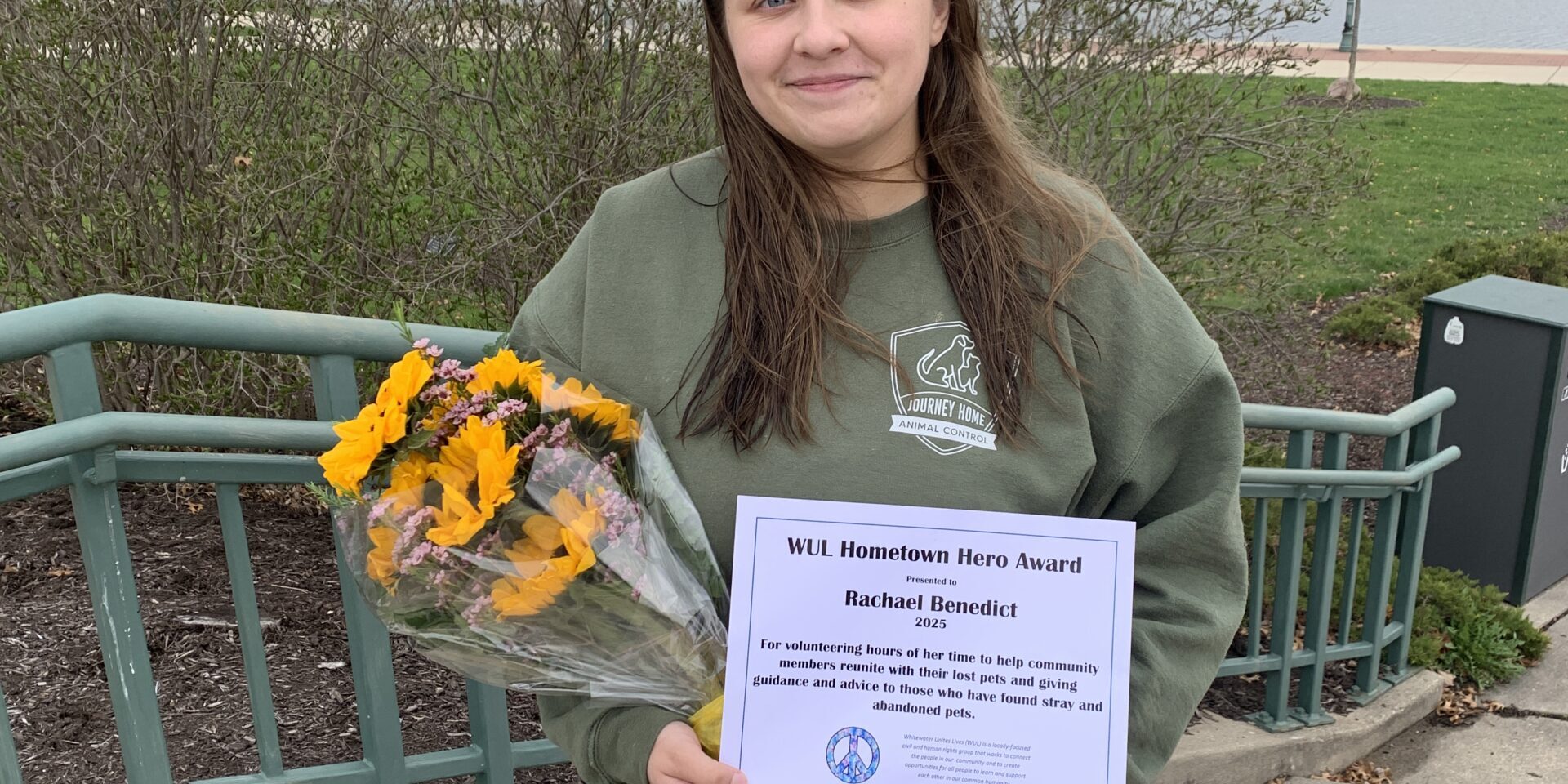By Al Stanek
Whitewater Banner volunteer staff
whitewaterbanner@gmail.com
January 29, 2021
The City of Whitewater appears to be moving forward to exercise an option to soon close all but one of its existing Tax Incremental Districts (TIDs) and temporarily “extend” the remaining TID for one year rather than allow it to stay open until 2027. TIDs are the mechanism for communities to utilize the popular economic development tool known as Tax Incremental Financing (TIF). The TIF tool is highly regulated by the State of Wisconsin and the City uses its financial advisory firm, Ehlers and Associates, to guide them through the process.
If the Common Council decides in favor of exercising the option an expected $2 million of funding would potentially be available to acquire land or infrastructure to enhance economic development. This would be the second major utilization of complex federal and state funding options to help reduce the city tax burden. The Council last month voted to use over $800,000 from a closed out economic development revolving loan program to help finance a proposed water tower project that will replace a 131-year-old water tower. The replacement is expected to expand water capacity to support future city development and resolve a reported water pressure problem on the city’s far west side.
“This is a tremendous opportunity for our community to once again gain access to the TIF financing economic development tool,” said Cathy Anderson, the Whitewater Community Development Authority’s (CDA) Director, and lead economic development officer for the City of Whitewater.
At the January 28 CDA meeting Anderson and Ehlers and Associates TIF expert Greg Johnson recommended that the CDA pass a resolution urging the City’s Common Council to act next month to begin the process to exercise the option of close-out and one-year “extension.” They advised that communities are only allowed to have 12% of their property value designated as TID districts. The City’s existing six districts apparently reach that limit which has temporarily taken away the TIF economic development tool from the City. The CDA followed through on the recommendation after a lengthy discussion.
The WI Department of Revenue ‘TIF Manual’ defines TIF financing as “…a financing option that allows a municipality to fund infrastructure and other improvements, through property tax revenue on newly developed property. A municipality identifies an area, the Tax Incremental District (TID), as appropriate for a certain type of development.” “…as property values rise, the municipality uses the property tax paid on that development to pay for the projects. After the project costs are paid, the municipality closes the TID. The municipality, schools, county, and technical college are able to levy taxes on the value of the new development.”
Your property tax bill, although sent to you by the city, generates tax revenue for the county, school districts and the area technical college. The closed Whitewater TID districts would apparently mean greater revenue for the other units of government as that revenue currently goes exclusively to support development activities during the often 20-to-30-year life of a given TID. Most of the Whitewater TIDs were created over 20 years ago and could technically stay in place for several more years although many of the original projects in each of those TIDs have been completed or found to be unfeasible for one reason or another.
The one-year temporary extension of the city’s largest TID, an area roughly encompassing the Industrial Park and Downtown area, could generate some controversy as the other taxing districts would not be able to use the proceeds from that district for an additional year. A one-time option of temporarily extending the single tax district for a year would allow the City to use the proceeds in that year to take steps to make housing more affordable and potentially provide funding for housing rehabilitation. City Manager Cameron Clapper told the CDA that although the City would not need official concurrence from the other governmental units (county, school district and technical college) for the extension of the remaining TID, those agencies will be actively involved in advising how the use of the one year of the remaining single TID revenue would be used. He put forth the proposition that adding more city residents with children by enhancing the affordability of city homes would be a benefit to the school system and other municipal partners.

